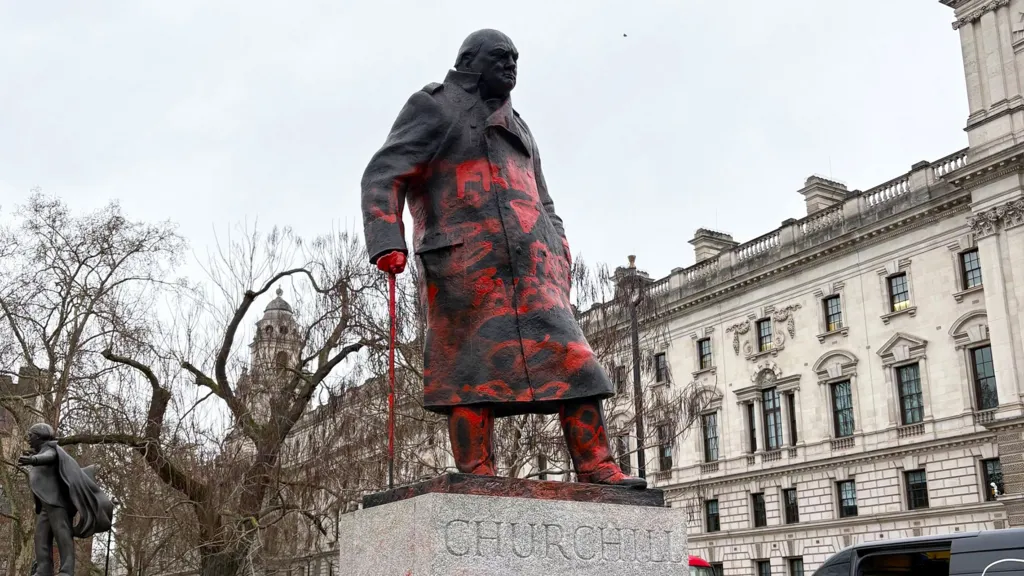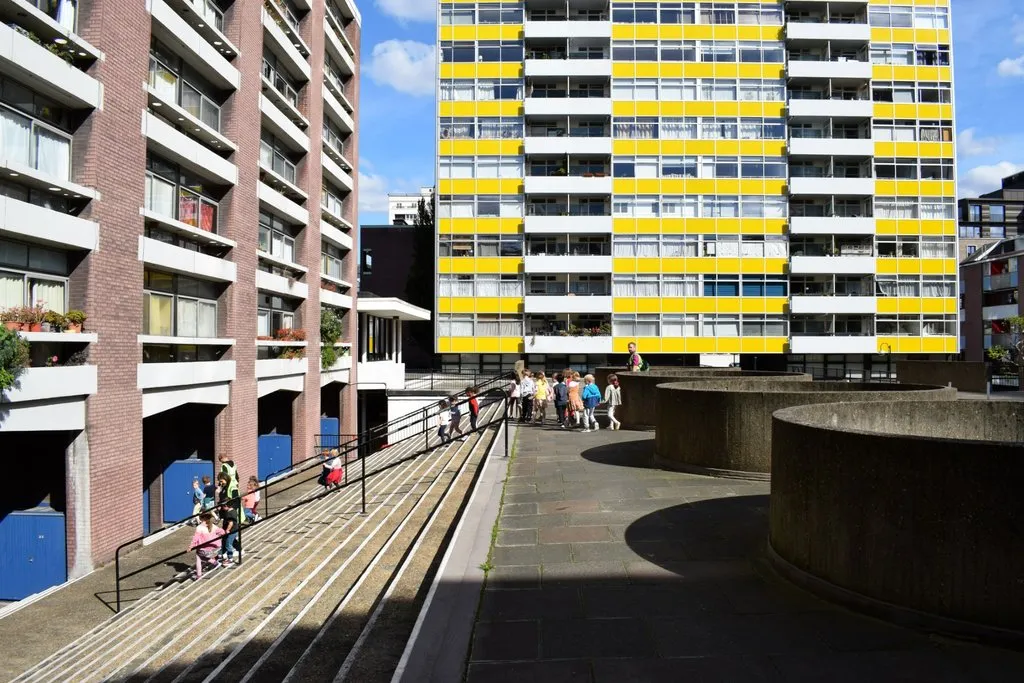
The UK is currently experiencing a significant wave of industrial action, with various unions leading the charge as different sectors grapple with long-standing issues of pay, working conditions, and job security. These strikes, which span healthcare, transport, education, and public services, are reflective of the mounting pressures faced by workers amidst rising inflation and an economy still recovering from the pandemic.
In the healthcare sector, junior doctors and GPs, represented by the British Medical Association (BMA), are at the forefront of the strikes. Their demands are primarily focused on substantial pay increases to address what they view as years of wage stagnation and erosion, particularly after the immense strain placed on healthcare workers during the COVID-19 pandemic. The government’s recent offers have been met with resistance, as many healthcare professionals argue that these proposals fall short of restoring their pay to pre-austerity levels.
However, there is significant debate around the broader economic implications of meeting these demands. Critics argue that while the demands for higher wages are understandable, particularly given the rise in living costs, the government must balance these with the need to maintain economic stability. The Institute for Fiscal Studies (IFS) has forecasted that the government will need to find an additional £6 billion to £7 billion to fund pay deals immediately after the election. Meeting the unions’ demands could lead to spending cuts in other critical areas, such as infrastructure and public services, potentially undermining efforts to boost economic growth. Chancellor Rachel Reeves has emphasised that there is limited room for additional spending, warning that further pay increases could exacerbate the existing £20 billion deficit.
The transport sector is another critical battleground. Train drivers, represented by unions such as the RMT and ASLEF, have initiated strikes over pay and job security concerns, particularly in light of proposed reforms that could lead to significant job cuts. Similarly, bus drivers in Merseyside and Bedfordshire have taken action over pay disparities and unsatisfactory working conditions, seeking parity with their counterparts in other regions.
While these strikes have drawn attention to important issues, there is concern about the disruption to essential public services. Strikes in the healthcare sector, for instance, can lead to delays in patient care and put additional strain on an already overstretched NHS. Similarly, strikes in the transport sector can cause widespread inconvenience for commuters and affect businesses that rely on these services. Government officials and some economic commentators argue that the strikes, particularly in essential sectors, may do more harm than good. They contend that while workers have legitimate grievances, the disruption caused by industrial action could erode public support and ultimately weaken the bargaining position of unions.
Education has not been immune to the wave of strikes either. Teachers, particularly those represented by the National Education Union (NEU), have staged walkouts over pay and working conditions, with some strikes highlighting specific disputes, such as allegations of bullying and poor leadership at schools. The strikes reflect broader frustrations within the education sector, where funding and support have been perennial issues.
Public services have also seen significant disruption, particularly at the local government level. Workers in sectors such as refuse collection have gone on strike over pay offers they argue are insufficient to meet the rising cost of living. These strikes, like those in the London Borough of Redbridge, have led to visible impacts on essential services, underlining the severity of the workers’ grievances.
There is also a broader argument for reform within the public sector. Some analysts suggest that instead of simply raising wages, there needs to be a more comprehensive approach to improving working conditions and job satisfaction. This could involve modernizing outdated practices, investing in training and development, and improving management structures. By addressing these issues, it may be possible to achieve a more sustainable and long-term improvement in public sector employment without resorting to strikes.
Aviation workers, particularly those at Gatwick Airport, have joined the fray as well. Security screeners and passenger service staff have walked out over low pay, with strikes timed to cause maximum disruption during peak travel periods. These workers, represented by Unite, are demanding pay increases that reflect the demanding nature of their roles at one of the UK’s busiest airports.
Public opinion on the strikes is mixed. While there is sympathy for the plight of workers, particularly those in low-paying jobs, there is also concern about the impact of strikes on daily life. This presents a political risk for the Labour government, which is keen to maintain good relations with unions but also needs to manage the expectations of the wider public. The government must navigate this delicate balance carefully. On the one hand, it risks being seen as beholden to union interests, particularly given Labour’s historical ties to the labour movement. On the other hand, failing to address the concerns of workers could lead to further unrest and damage the government’s credibility.
This ongoing wave of strikes serves as an early test for the Labour government’s relationship with unions and its ability to manage public sector finances without fuelling further industrial unrest. As the disputes continue, the potential for broader strikes looms, making it a critical time for both workers and policymakers alike.
| Sector | Group | Reason for Strike |
|---|---|---|
| Healthcare | Junior Doctors, GPs (BMA) | Pay increases, restoring pre-austerity levels |
| Transport | Train Drivers (RMT, ASLEF), Bus Drivers | Pay disparities, job security |
| Education | Teachers (NEU) | Pay, working conditions, specific disputes like bullying |
| Public Services | Council Workers (Unite, Unison) | Pay offers below inflation, working conditions |
| Aviation | Security Screeners, Passenger Services | Low pay, demanding work conditions |
For further insights into the ongoing strikes and the role of unions in shaping pay and working conditions, visit the Trades Union Congress (TUC) website.









